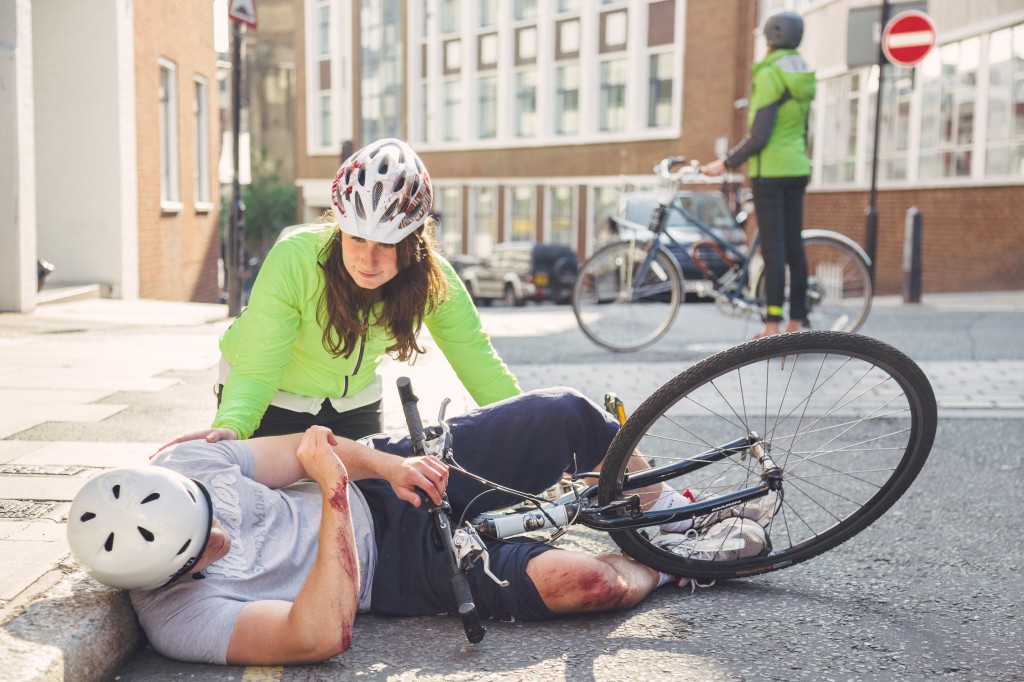It’s important to have a well-stocked first aid kit in your home so you can deal with minor accidents and injuries.
Your first aid kit should be locked and kept in a cool, dry place out of the reach of children.
Many people also keep a small first aid kit in their car for emergencies.
Your basic first aid kit
A basic first aid kit may contain:
plasters in a variety of different sizes and shapes
small, medium and large sterile gauze dressings
at least two sterile eye dressings
triangular bandages
crêpe rolled bandages
safety pins
disposable sterile gloves
tweezers
scissors
alcohol-free cleansing wipes
sticky tape
thermometer (preferably digital)
skin rash cream, such as hydrocortisone or calendula
cream or spray to relieve insect bites and stings
antiseptic cream
painkillers such as paracetamol (or infant paracetamol for children), aspirin (not to be given to children under 16), or ibuprofen
cough medicine
antihistamine tablets
distilled water for cleaning wounds
eye wash and eye bath
It may also be useful to keep a basic first aid manual or instruction booklet with your first aid kit.
Medicines should be checked regularly to make sure they are within their use-by dates.
Summary
It’s important to have a well-stocked first aid kit in your home so you can deal with minor accidents and injuries. Your first aid kit should be locked and kept in a cool, dry place out of the reach of children.
